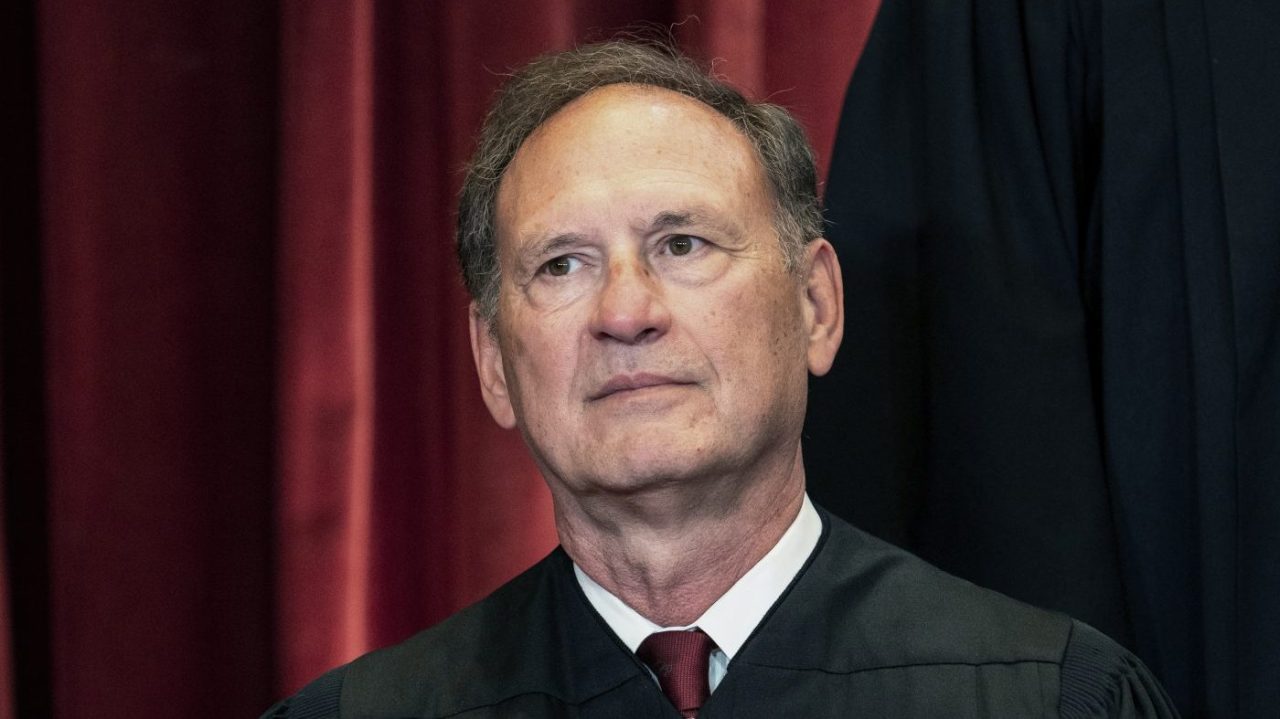Supreme Court Justice Samuel Alito no doubt intended to shock the political world when he told interviewers for the Wall Street Journal that “No provision in the Constitution gives [Congress] the authority to regulate the Supreme Court — period.”
Many observers dismissed his comment out of hand, noting the express language in Article III, establishing the court’s jurisdiction under “such regulations as the Congress shall make.”
But Alito wasn’t bluffing. His recently issued statement, declining to recuse himself in a controversial case, was issued without a single citation or reference to the controlling federal statute. Nor did he mention or adhere to the test for recusal that other justices have acknowledged in similar circumstances. It was as though he declared himself above the law.



That’s how you get Trump on the Supreme Court. Elected justices is not great.
My solution is ~16 year terms spaced out like Senate terms, where if the person dies or retires the appointment just fills out their term, and each presidential term gets an appointment or two. Removes the benefit of appointing someone young so we can have more experience on the court.
My country solved the problem by having 9 years non renewable terms and requiring a 2/3 majority in the parliament to elect a judge. This avoids them thinking they are the state and prevents any hyper partisan hack from entering the court. Of course this is only possible because none of the major parties is trying to make the state implode but it works well.
Australia has age limits.
What happens when no party can get a 2/3 majority or no house can achieve a 2/3 plurality?
There’s an agreement between the parties to nominate the judges. The center right and center left parties nominate most the judges and there are a few places reserved for the parties more to the right and left, in a way that keeps a balance between judges nominated by right wing and left wing parties. Sometimes a party will try to nominate someone that gets rejected by the other parties and then they have to pick someone else, but usually the process is a footnote in the news.
Sounds nice to have a functioning government of civil legislators.
Yeah that sounds really nice. I bet y’all can get a budget passed consistently as well. We can’t and it’s destroying our credit
What magical country is this?
Portugal, but other countries have similar systems in place, for example Germany has a similar system but with 12 years terms. Some countries like Spain and France give different institutions (the head of state, the parliament, other courts, etc) the power to nominate a set number of judges, to try to prevent the court from becoming lopsided, but honestly I don’t think that works that well, France in particular has an history with judges participating in party politics.
9 justices 18 year terms. Staggered so that every 2 year election cycle 1 justice is up for election by popular vote. Required to be member of Bar in at least one state.
You can get Trump now, that isn’t any different.